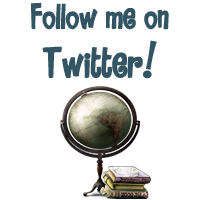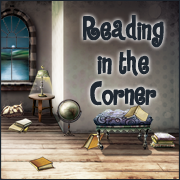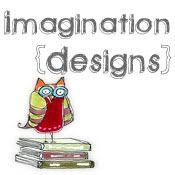[Disclaimer: None of the thoughts contained here are endorsed specifically by the libraries in which I am employed. They are simply my own thoughts on the subject.]
Let's start with the basics. In case you haven't heard, HarperCollins proposed to put a limit on the number of times that an ebook owned by a library can be loaned out: 26. After the mythical 26th patron has read the book (or let it sit unread on the computer), the ebook will disappear from the library's collection. You can read the letter that HaperCollins issued in response to increasing outcries against the policy here.
Now, I'm not a librarian (yet) and I have a ways to go before I can even claim above a basic understanding of DRM. As readers, we should take an interest in these types of issues. Attempts such as this to take away freedom to read are mind-blowing to me. I mean, yes, from a financial standpoint I understand (sort of) where the publisher is coming from. They claim to be looking out the financial interests of their authors and the integrity of their books. I get it. (Again, kind of) A major part of what I don't understand is the seemingly arbitrary "26 checkouts" before implosion. Paperbooks often circulate WAY more than that. Exhibit A:
You can check out the text that accompanies this video here)
As someone whose public library recently started offering this service, I think that this whole thing incredibly unfortunate. My public library just started offering this service in January and it took off big time! Hundreds of books checked out in the first week. How awesome is that?! If technology is promoting reading, I'm all ready to get behind it. What I'm not for is restricting that access to the first lucky 26 people who check out the book (and might not even have the time to read it during their loan period). This technology still has a long way to go and I realize there are going to be some bumps in the road along the way. However, there should be better ongoing conversation between libraries and publishers and the middle-men (in this case, OverDrive)
I'm not going to wade through much more on this topic here (for now). However, I did want to post the "Readers Bill of Rights for Digital Books" here for those who are interested.
- Ability to retain, archive and transfer purchased materials
- Ability to create a paper copy of the item in its entirety
- Digital Books should be in an open format (e.g. you could read on a computer, not just a device)
- Choice of hardware to access books (e.g. in 3 years when your device has broken, you can still read your book on other hardware)
- Reader information will remain private (what, when and how we read will not be stored, sold or marketed)
(Want to read more? Check out this blog! Librarian in Black)
 | |
| http://readersbillofrights.info |
















1 comment:
I do own an ereader but have never used it for an electronic book at the library. I highly doubt the public library here in town even knows how to do such a thing. I recently went to get a library card. I filled out all the information and in two days I can go pick it up after they print it off. (something i have yet to do...better get on that) Anyway the idea of only allowing an electronic book to be checked out 26 times seems to defeat the purpose of a library. Some people, my sister included, take awhile to get books read. Even if they are easy books people do not always have enough time to read them. So what happens when the same person checks the same book out 3 or 4 times? It just seems as though only allowing a book, electronic or not, to be checked out a limited number of times defeats the purpose of a library.
Post a Comment
I love reading your comments, so go ahead and leave some love!